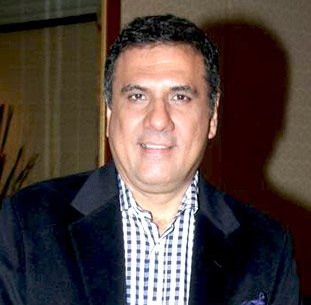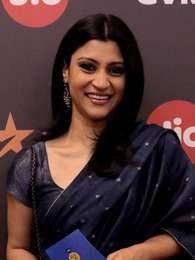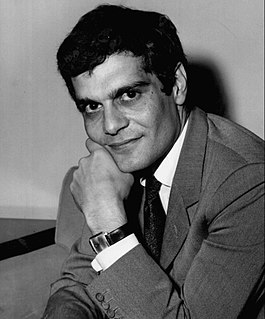A Quote by Bruno Dumont
Your relationship to a film, and to cinema, is very much determined by yourself, so what is relevant is you.
Quote Topics
Related Quotes
I just finished a film a few days ago, and I came home and said I learned so much today. So if I can come home from working on a little film after doing it for 45 years and say, "I learned so much today," that shows something about the cinema. Because the cinema is very young. It's only 100 years old.
More than my other films, Uncle Boonmee is very much about cinema, that's also why it's personal. If you care to look, each reel of the film has a different style - acting style, lighting style, or cinematic references - but most of them reflect movies. I think that when you make a film about recollection and death, you have to consider that cinema is also dying - at least this kind of old cinema that nobody makes anymore.
I've given myself a bit more of a break in that I can't say yes to everything. I have to prioritize, and obviously it starts with your children. But I used to be much later on the list. I've started putting myself within a safe distance from that first priority. You just have to remind yourself to not forget about your relationship and to not forget about yourself. And it's interesting, because I have a very fraught relationship with working out.
Shyam Benegal has found a lovely voice in this film. We've all seen the kind of cinema he's come up with over the years. His films like 'Mandi,' 'Manthan,' 'Sooraj Ka Saatvan Ghoda' all have revolutionised the face of Indian cinema. And in 'Well Done Abba,' he has once again found a relevant subject, which even youngsters can relate with.
While you are walking you would learn much more about filmmaking than if you were in a classroom. During your voyage you will learn more about what your future holds than in five years at film school. Your experiences would be the very opposite of academic knowledge, for academia is the death of cinema. It is the very opposite of passion.
I hate political films that have one particular message that they're trying to convey. I think propaganda is very dangerous, and it's very easy for anything to slip into it. I also think that propaganda is something that defies the identity of cinema. I hate propaganda in cinema, even if it was promoting the political stance that I myself am allied with. I always say that the responsibility of a film is first and foremost: To be a film. It's not a manifesto, it's not an op-ed.





































